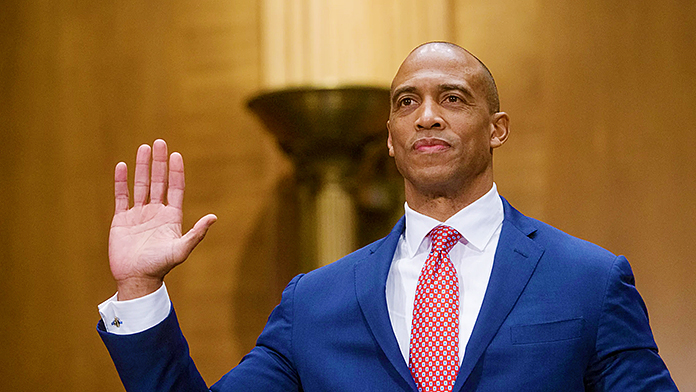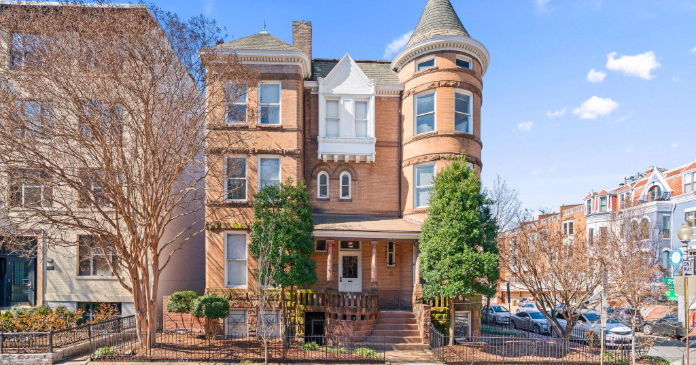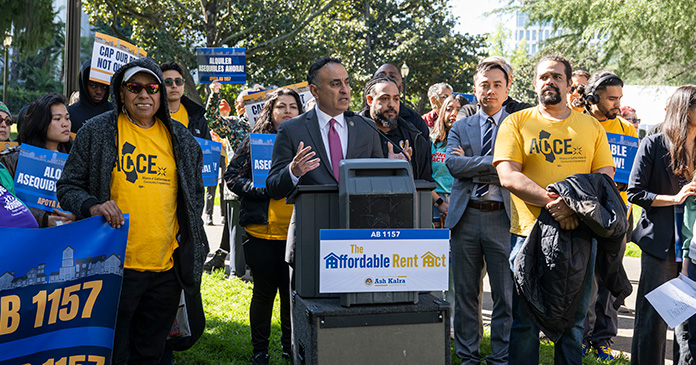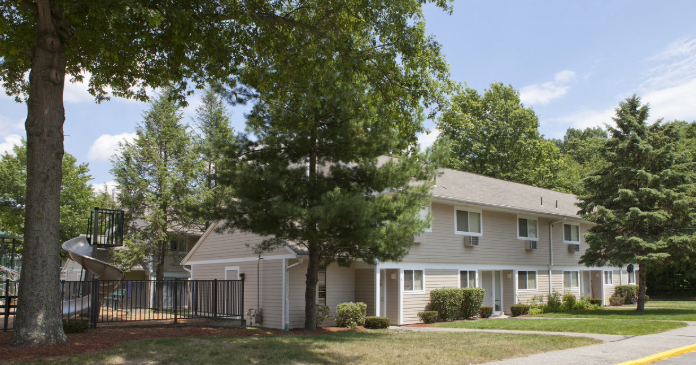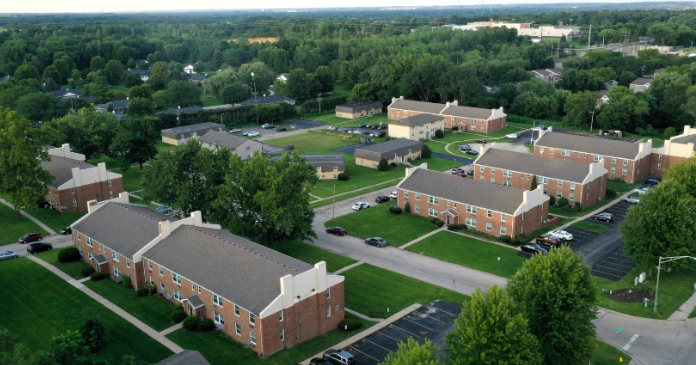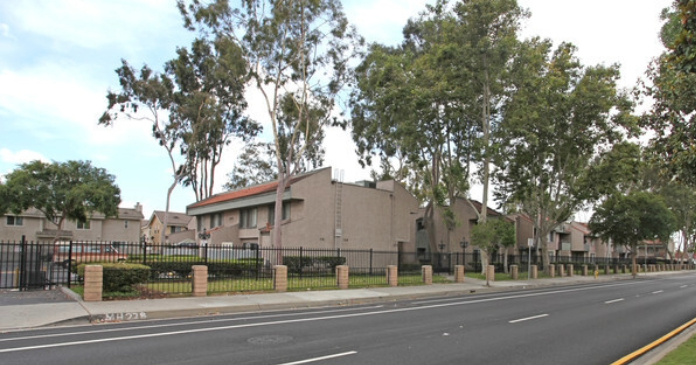As part of a larger housing bill, President Obama signed a provision granting special legal protection to mortgage servicers that modify loans under the administration’s Making Home Affordable plan and the Federal Housing Administration’s foundering Hope for Homeowners program.
Advocates say giving servicers more legal protection will decrease the number of unnecessary foreclosures, mitigating the next wave of defaults that are expected to hit in the next few years. Safe harbors “ensure a more efficient process for assisting troubled borrowers,” says John Courson, president of the Mortgage Bankers Association.
Mortgage investors don’t like modifications because lower interest payments for borrowers means less money or even losses for them. These investors, including major pension managers, mutual funds and life insurance companies, recently stepped up lobbying efforts to curb Washington’s modification push.
Servicers have inherent conflicts of interest, they say. The four biggest U.S. banks, Bank of America, Wells Fargo, Citigroup and JPMorgan Chase, underwrote more than half of the second liens guaranteed by FDIC-backed banks. They also service 60 percent of first-lien mortgages in the U.S.
Modifying a first-lien mortgage so borrowers can avoid default increases the likelihood that the second lien will also be repaid, which is, of course, good for the bank, never mind the losses investors take when the loans are modified.
Portfolio managers are practically stomping their feet about this.
“The incentives of the servicers are very misaligned,” says Scott Simon, who manages Pacific Investment Management Co.’s $500 billion mortgage book. “All the second liens are held by the banks who are the servicer’s parents.”
Bill Frey, a principal of Greenwich Financial, represents a consortium of nameless mortgage investors in a court battle with Bank of America.
They are demanding the Charlotte bank buy back every loan it agreed to modify under a $8.4 billion predatory lending settlement. Frey says his group is “seriously contemplating” challenging the safe harbor legislation in court.
Loan modifications are “a multi-hundred-billion dollar wealth transfer from pension funds and IRAs and 401(k)s to large banks,” Frey says. “This is a backdoor bailout of the banks.”
Managing directors and principles at several multi-billion-dollar money management firms privately expressed concerns about safe harbor during interviews in recent weeks. These investors insisted on anonymity in order to avoid being cast as advocates of foreclosures.
So far, only a handful of investors, including TCW and T. Rowe Price, have been outspoken about their objections to loan modifications.
Activist groups like the Neighborhood Assistance Corp. of America have gone further, attacking respected investors like Pimco’s Mohammed El-Erian and Freddie Mac’s David Moffett, as “predators” for their positions on housing issues.
How successful safe harbors will be in getting banks to modify more loans remains to be seen, given the litigation risk. Loans were being modified even before the bill passed, as banks tread gingerly on the lines separating their duties to borrowers, investors and the government, which has pumped trillions into the system to bail them out.
“Both sides are right,” says Josh Rosner, a managing director at Graham Fisher. The new legal protection will definitely bring about lawsuits down the road, even though that is exactly what it is supposed to prevent. “As much as the government wants servicers to be aggressive, servicers aren’t stupid.”
Author: Maurna Desmond, Forbes.com




